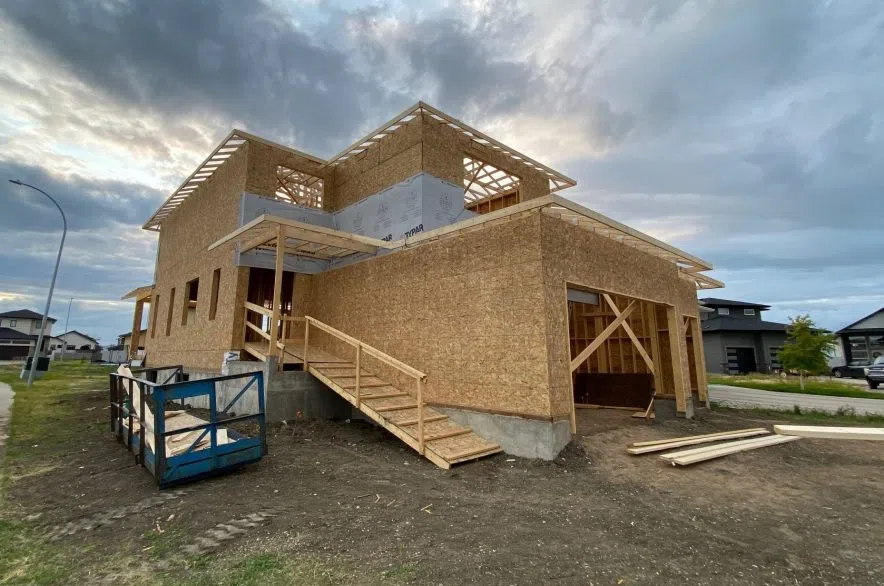The head of the Saskatchewan Realtors Association says the federal government’s new investment in housing as part of the budget is long overdue.
Big money is to be spent on housing according the new federal budget, to the tune of $8.5 billion. The federal government is looking to create 3.87 million new homes by 2031.
Chris Guerette, the CEO of the Saskatchewan Realtors Association, says that what Saskatchewan really needs is more housing stock to relieve rental and real estate markets.
“Saskatchewan is the most affordable province in the country right now, but that falls really flat when those who are trying to get into the housing market are having a hard time doing so because of a lack of inventory,” Guerette said during an appearance on the Evan Bray Show last week.
Guerette applauded the 30-year amortization for first-time buyers purchasing new builds. She said it’s a win in all sectors, by increasing affordability in home buying and by incentivizing new builds.
She said home buyers can save $150 to $250 per month based on average Saskatchewan home prices when comparing 25-year to 30-year amortizations.
Guerette was also happy to see innovation when it comes to the national building code by making it digital.
“It’s just during the pandemic that it turned to free,” she said. “Even as late as four years ago, home builders had to buy their national building code. This is a public document and they had to spend hundreds of dollars.”
Included as part of the new housing budget is a $6-billion housing infrastructure fund tied to conditions that provinces eliminate single-family zoning and allow for multi-dwelling units. The funding could go towards making city centres like Regina’s downtown better able to accommodate population growth.
“(It’s) great the feds are moving on it to try and help,” Guerette said. “(But) the layer of government that has the most ownership on housing is actually at the municipal level.”
Guerette said municipalities need to do more to make sure that zoning allows for an increase in housing stock, suggesting that it will lead to more revenue.
“It’s growth paying for growth,” she said. “If you can put more property tax revenue on as little land as possible, then you are being more efficient with your revenue and your expenses.”
However, Guerette acknowledged this can be a tough policy for politicians to realize.
“A lot of those steps are very politicized right now,” she told Bray. “There are individuals who say, ‘I don’t want that in my backyard because when I bought into the neighbourhood, that’s not what it was and I don’t want to change.’ ”
With elections upcoming in Saskatchewan at both the provincial and municipal levels, Guerette hopes that policymakers keep housing on their radar.
“We need to morph our housing so our housing can properly represent and serve all of our community,” she said. “Everybody has a role in real estate and housing. Everybody has to live somewhere … It’s making that top of mind.”











